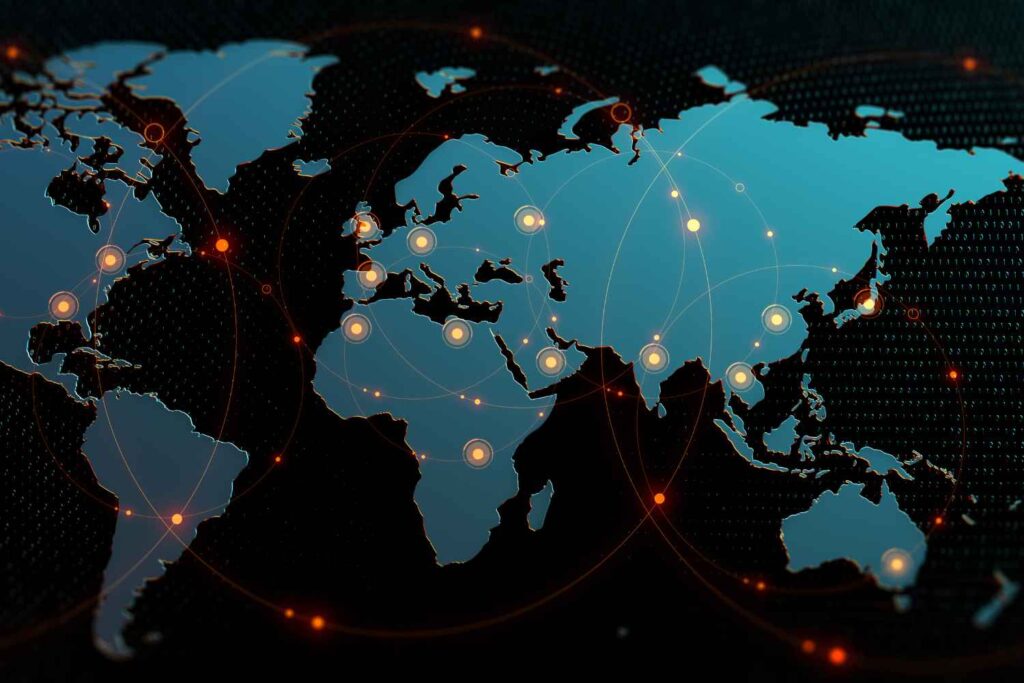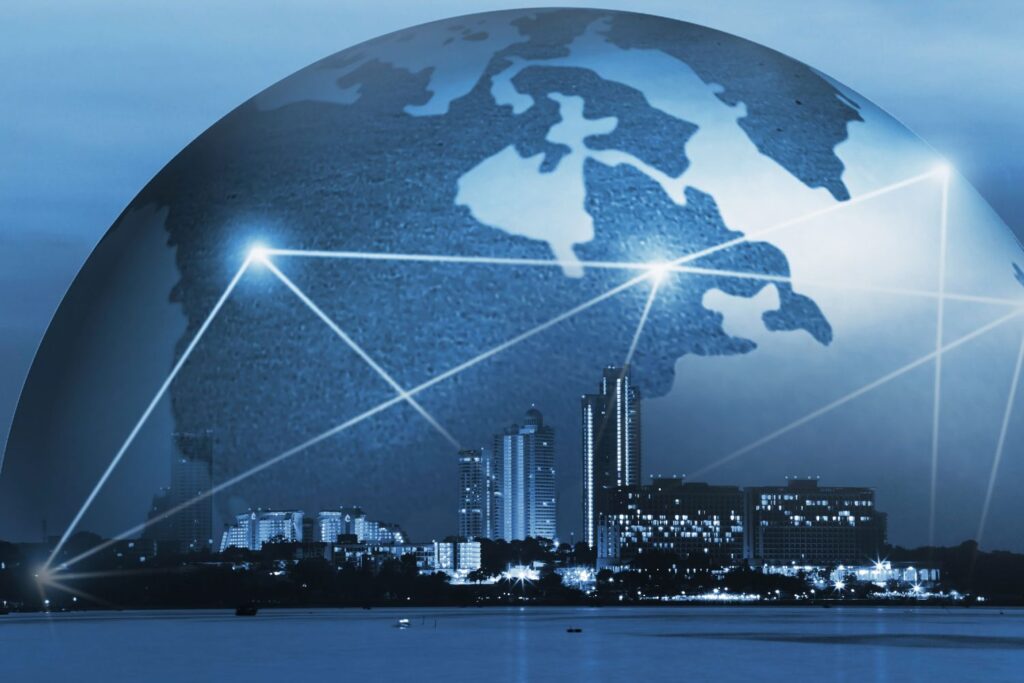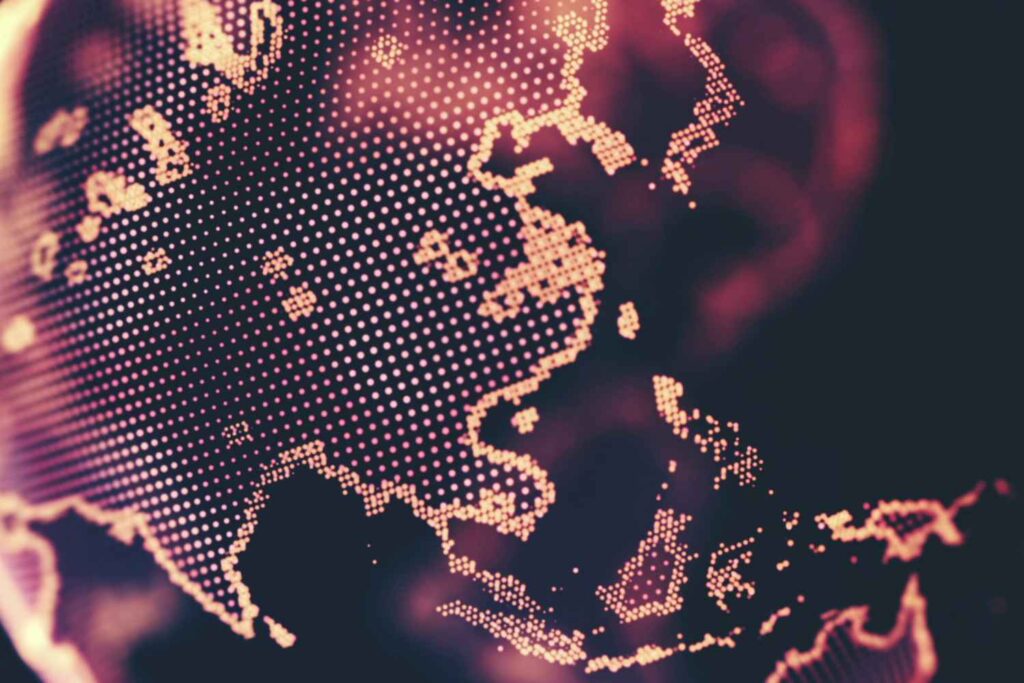Collective Memory and Genetic Social Psychology: A Necessary Rediscovery in Times of Polycrisis
Charis Psaltis
The author argues that prevailing approaches to collective memory are too descriptive to address the developmental dynamics shaping memory in a polycrisis era marked by authoritarian resurgence and democratic fragility….










